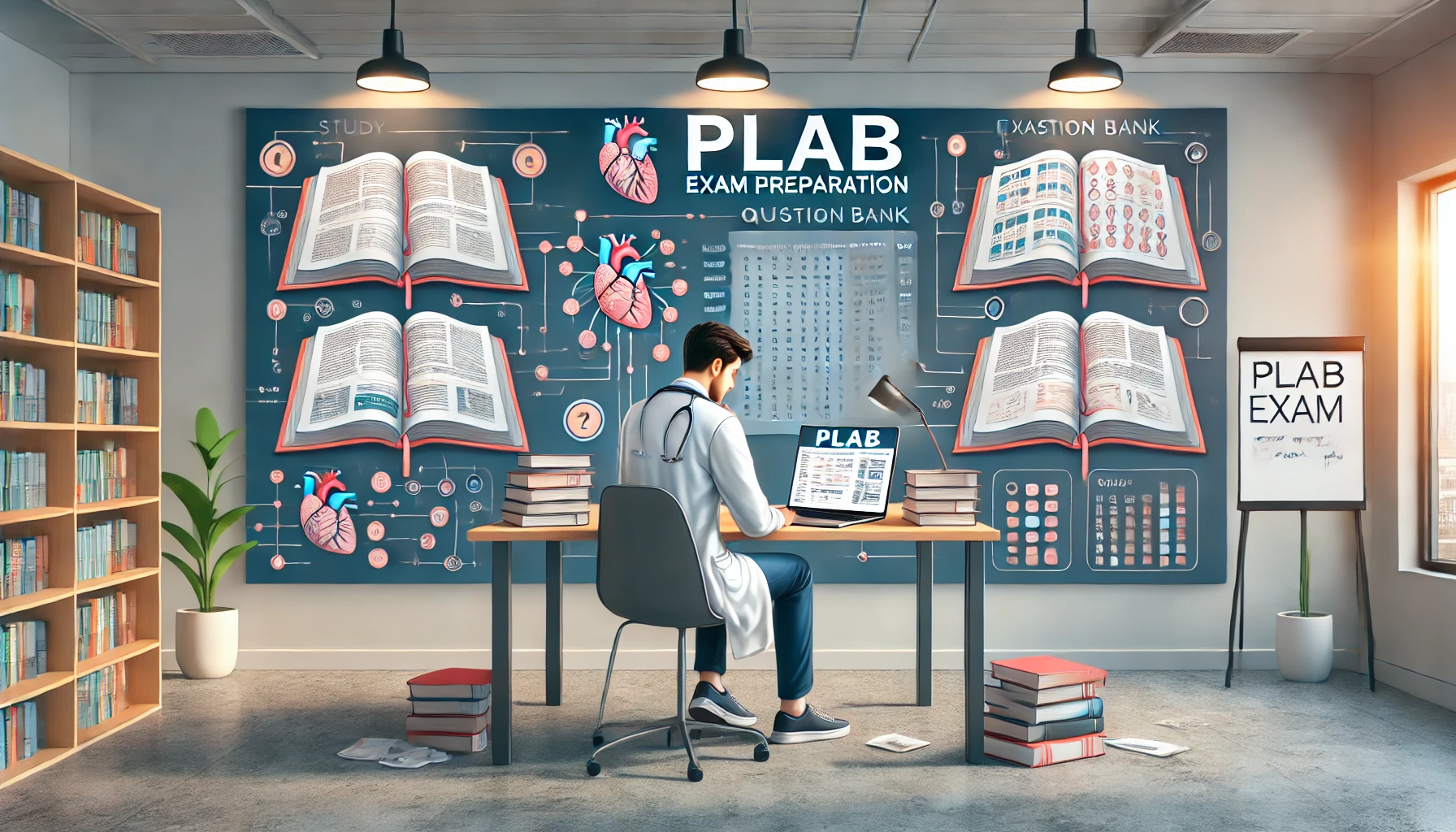5-Day ChatGPT Basic Learning Course
Course Overview:
This 5-day ChatGPT basic leaning course is designed to provide a comprehensive introduction to ChatGPT, its functionalities, and practical applications. By the end of this course, participants will have a strong understanding of how to use ChatGPT effectively for various tasks.
Course Outline with Detailed Explanations
Day 1: Introduction to ChatGPT
1.1 Understanding AI and ChatGPT
- What is AI?
- Definition and types of AI (Narrow AI vs. General AI)
- Historical development of AI
- Key concepts: Machine Learning, Deep Learning, Neural Networks
- Reference: “Artificial Intelligence: A Guide for Thinking Humans” by Melanie Mitchell
- Introduction to OpenAI and ChatGPT
- Overview of OpenAI as an organization
- History and development of ChatGPT
- Key milestones in the evolution of ChatGPT (GPT-1, GPT-2, GPT-3, GPT-4)
- Reference: OpenAI’s official blog
- How ChatGPT works (GPT-3/4 overview)
- Basic architecture of GPT-3/4
- Training process and dataset
- Key features and capabilities
- Reference: “Language Models are Few-Shot Learners” (GPT-3 paper)
1.2 Setting Up and Getting Started
- Creating an OpenAI account
- Step-by-step guide to signing up for an OpenAI account
- Verification process and setting up API access
- Reference: OpenAI’s official documentation
- Accessing ChatGPT
- Introduction to the user interface
- Using the web-based platform vs. API access
- Navigating the dashboard
- Reference: OpenAI’s user guide
- Basic interface navigation
- Overview of key features and tools
- Customizing the interface for better usability
- Reference: OpenAI’s user guide
1.3 Basic Usage
- Simple queries and responses
- Crafting basic prompts
- Understanding the response structure
- Experimenting with different types of questions
- Reference: OpenAI’s user guide
- Using ChatGPT for general information retrieval
- Effective methods to extract information
- Best practices for verifying accuracy
- Reference: OpenAI’s user guide
Day 2: Advanced Features and Customization
2.1 Fine-Tuning Responses
- Crafting effective prompts
- Techniques for writing clear and specific prompts
- Using context and examples to guide responses
- Reference: OpenAI’s prompt design guidelines
- Using specific instructions for better answers
- Providing explicit instructions to refine responses
- Examples of detailed prompts
- Reference: OpenAI’s user guide
2.2 Using System Messages
- Understanding system messages and their impact
- Role of system messages in setting the behavior of ChatGPT
- Crafting system messages for different scenarios
- Reference: OpenAI’s user guide
- Examples of effective system messages
- Sample system messages for various use cases
- Adjusting system messages to achieve desired outcomes
- Reference: OpenAI’s user guide
2.3 Customizing ChatGPT Behavior
- Setting tones and styles
- Techniques to adjust the tone and style of responses
- Examples of formal vs. casual tones
- Reference: OpenAI’s user guide
- Adjusting response length and detail
- Controlling the verbosity of responses
- Techniques for eliciting concise or detailed answers
- Reference: OpenAI’s user guide
Day 3: Practical Applications
3.1 Content Creation
- Writing articles and blog posts
- Using ChatGPT to generate outlines, drafts, and final content
- Best practices for editing and refining AI-generated text
- Reference: OpenAI’s content creation guide
- Creating social media content
- Crafting engaging social media posts with ChatGPT
- Examples for different platforms (Twitter, Facebook, LinkedIn)
- Reference: OpenAI’s social media content guide
- Generating creative writing pieces
- Using ChatGPT for storytelling, poetry, and other creative writing
- Techniques for enhancing creativity with AI
- Reference: OpenAI’s creative writing guide
3.2 Business Use Cases
- Customer service and support
- Automating responses to common customer inquiries
- Integrating ChatGPT with customer service platforms
- Reference: OpenAI’s customer service guide
- Automating routine tasks
- Examples of business processes that can be automated with ChatGPT
- Implementing ChatGPT in daily workflows
- Reference: OpenAI’s automation guide
- Data analysis and reporting
- Using ChatGPT for generating reports and analyzing data
- Techniques for summarizing complex information
- Reference: OpenAI’s data analysis guide
3.3 Educational Use Cases
- Tutoring and teaching assistance
- Using ChatGPT as a virtual tutor for various subjects
- Creating lesson plans and educational content
- Reference: OpenAI’s education guide
- Research and academic support
- Assisting with literature reviews, research proposals, and academic writing
- Techniques for verifying and citing sources
- Reference: OpenAI’s academic support guide
- Language learning and practice
- Using ChatGPT for language exercises and practice
- Techniques for improving language skills with AI
- Reference: OpenAI’s language learning guide
Day 4: Best Practices and Ethical Considerations
4.1 Ensuring Quality and Accuracy
- Verifying information from ChatGPT
- Cross-checking AI-generated information with reliable sources
- Techniques for improving accuracy
- Reference: OpenAI’s best practices guide
- Avoiding common pitfalls and errors
- Identifying and mitigating common issues in AI responses
- Reference: OpenAI’s troubleshooting guide
4.2 Ethical Use of AI
- Understanding biases in AI
- Recognizing and addressing biases in AI-generated content
- Techniques for reducing bias
- Reference: “Weapons of Math Destruction” by Cathy O’Neil
- Responsible use of ChatGPT
- Guidelines for ethical AI usage
- Examples of responsible AI applications
- Reference: OpenAI’s ethics guidelines
- Privacy considerations and data security
- Ensuring user privacy and data protection
- Best practices for handling sensitive information
- Reference: OpenAI’s privacy policy
4.3 Troubleshooting and Getting Help
- Common issues and solutions
- Identifying and resolving common problems with ChatGPT
- Reference: OpenAI’s troubleshooting guide
- Accessing OpenAI support and resources
- How to get help from OpenAI support
- Additional resources and community forums
- Reference: OpenAI’s support page
Day 5: Hands-On Projects and Final Assessment
5.1 Hands-On Project 1: Content Creation Challenge
- Participants create a blog post or article using ChatGPT
- Instructions for the project
- Criteria for evaluation
- Peer review and feedback session
- Sharing and reviewing each other’s work
- Providing constructive feedback
5.2 Hands-On Project 2: Business Automation Task
- Designing a customer service bot or automation script
- Instructions for the project
- Criteria for evaluation
- Presentation of project outcomes
- Presenting the projects to the group
- Discussing the outcomes and potential improvements
5.3 Final Assessment and Course Wrap-Up
- Review of key concepts and learnings
- Recap of the course content
- Q&A session to address any remaining questions
- Final Q&A session
- Open floor for additional questions and discussions
- Course feedback and next steps
- Gathering feedback from participants
- Discussing potential next steps and further learning opportunities
Course Materials
Daily Handouts: Summarizing key points and additional resources Interactive Exercises: Practical tasks and challenges Reference Guides: Detailed documentation on ChatGPT features and best practices
Learning Outcomes:
By the end of this course, participants will:
- Understand the fundamental concepts of ChatGPT and AI.
- Be able to effectively use and customize ChatGPT for various tasks.
- Apply ChatGPT to real-world scenarios in content creation, business, and education.
- Recognize the ethical considerations and best practices for using AI responsibly.
- Complete hands-on projects demonstrating their ability to utilize ChatGPT effectively.
References and Resources
Books and Papers:
- “Artificial Intelligence: A Guide for Thinking Humans” by Melanie Mitchell
- “Language Models are Few-Shot Learners” (GPT-3 paper)
- “Weapons of Math Destruction” by Cathy O’Neil
OpenAI Documentation:
- OpenAI’s official blog
- OpenAI’s user guide
- OpenAI’s content creation guide
- OpenAI’s customer service guide
- OpenAI’s automation guide
- OpenAI’s education guide
- OpenAI’s best practices guide
- OpenAI’s ethics guidelines
- OpenAI’s privacy policy
- OpenAI’s troubleshooting guide
- OpenAI’s support page
Websites:



